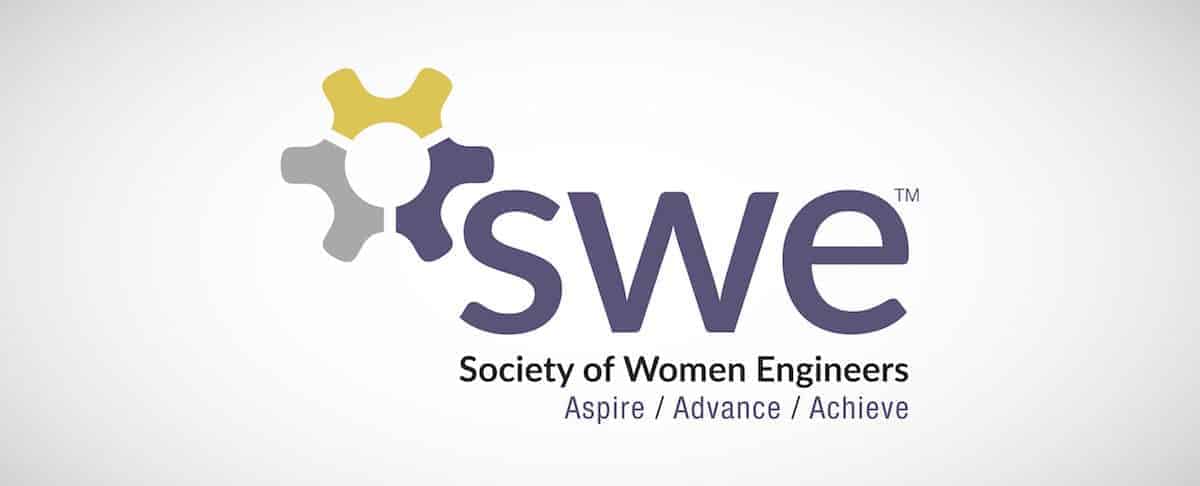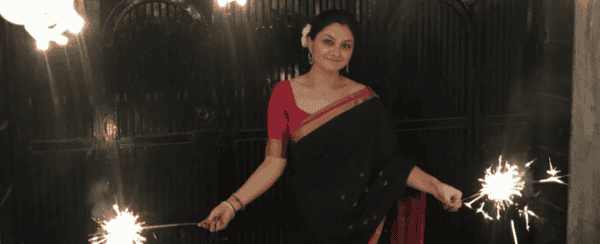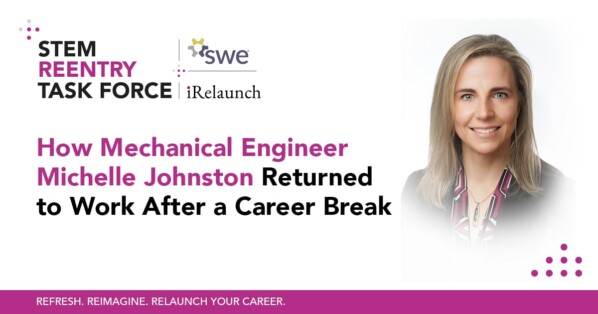Laura Smith-Velazquez hopes to be one of the first people to set foot on Mars. The SWE member, a senior systems engineer and cognitive scientist at Rockwell Collins, was selected as one of the 100 finalists for the Mars One mission. With a plan that projects the arrival of their first colonists in 2026, the non-profit organization has set a bold timeline for its ambitious undertaking. In the meantime, the finalists have plenty to prepare for.
Recently, All Together sat down with Smith-Velazquez to talk about her anticipation for the mission, how she got her start as an Engineer and how she feels about the possibility of never returning to Earth.
All Together: “So let’s start at the beginning. When did the lightbulb go off-the idea that you wanted to be an engineer?”
Laura Smith-Velazquez: “The first lightbulb, really, was to be an astronaut. The way I got to be an engineer was kind of a very non-direct path. When I was about eight, I decided I wanted to be an astronaut-I grew up in the Star Trek and Star Wars era, y’know, so I was really excited about all that.
“My parents had gotten me a telescope for Christmas. And the wonderful thing about growing up in the country is you can look up and you see the actual Milky Way spread out, and that really makes dreamers-it definitely did for me. I spent hours looking at the stars and just wishing I could explore. So that was my first step. But nobody ever told me how to be an astronaut, and there’s just really no one simple path for a career as one, it’s just so varied. I also really love the aerospace industry and I’m very interested in flying so I thought of going through the military because I was poor (laughs), because I had no way to support myself through college.
“So when I heard that the military didn’t allow women to be fighter pilots I kind of nixed that idea. I was like ‘what’s the sense of going the military route if I’m never going to be able to do what I really want to do anyway?’ So I decided to go and do the civilian route and go to school to be an airline pilot.
“At that time, I was thinking, well, I’d really like to be flying things and be an engineer, so I started out in both aerospace engineering and aeronautical science. As far as types of engineering, there really wasn’t a lot of information out there when I was young. Literally, how I found out about Embry-Riddle Aeronautical University (which is where I went to school)-it was a postcard on our bulletin board. I saw it, I looked it up, I sent it in, got information and I thought ‘wow, this really is the university for me, everything is aerospace and aviation.’ I didn’t apply to anywhere else honestly.
“The first trip I took to campus, during orientation, I was on a 737 and that sealed it. Then, I went and did an internship towards the end of my aeronautical science degree where I worked on flight safety and accident investigation. I was really excited about it all, except for one thing. I’m way too hyper to spend eight hours in one seat just to push buttons (laughs). I was so dashed. I love to fly, and I really wanted to fly these planes. It’s absolutely beautiful, like dancing in the sky-that merge between human and airplane. And you really don’t get that by pushing buttons.
“So I thought ‘now what am I going to do?’ The thought of engineering was in my head-one of the problems we had in the airline so much was poor design and operators having to train around poor design. And I thought, ‘y’know what, I can do this. I can design this better.’ And Embry-Riddle had started a human factors and systems-engineering degree program a couple years before, and that’s when it clicked. That’s when I knew what I want to do in engineering.”
AT: “Have you started thinking at all about what it would be like to step foot on Mars? Or are you just trying to stay focused on the next step in the process?”
LS: “Being part of the 100 is a bit surreal. I’ve thought about what it would be like to live and work on Mars but I try not to get my hopes up. It’s one of those things where you just keep trying and trying and trying because if you don’t try you’ll never succeed.”
AT: “How did you find out about the program in the first place?”
LS: “That was all due to my husband. He was actually the instigator who sent me an email link at work saying ‘hey, did you see this? They’re accepting applications for Mars One.’ And I was really excited about it and he was really excited about it. It was one of those chances that I didn’t think I would ever see in my lifetime.
“So I jumped at it, we both did. We both applied. Unfortunately he wasn’t able to get past the first cut.”
AT: “Have they discussed what the mission setup would be like?”
LS: “The plan is to have two doctors, everyone else will get first aid training. They’re going to have a biologist, a geologist and a technician. So, they plan to have two people trained in each discipline. So that’s the type of training that I know we’d be going into.
“The other aspect-a lot of the activities you’d be doing on a Mars mission involve a lot of planetary geology, figuring out when was the planet alive, how it died and how it all pertains to everything back on Earth. They’ve already started talking to universities who want to submit for research on Mars, so we’ll actually be helping out our universities and research entities back here on Earth in their own research. The rest of your activities are basically growing plants, maintaining life support and preparing equipment. Y’know, maintaining a lot of the stuff we take for granted here because we have tons of people to do that job or we just throw it away and buy it at the store.
AT: “If you did end up leaving on this mission and you could never return to Earth, is there anything you want to do before you go?”
LV: “Wow, there’s so many things. Probably scuba diving and enjoying the ocean. I love to scuba dive, and I have a 150 gallon saltwater reef tank-that also fuels my love of biology, actually. It’s very normal to find that those of us who love to navigate the skies love to navigate the ocean, too. It’s rare you find a pilot that’s not also a sailor.”
AT: “Anything you’re not looking forward to?”
“Oh, of course. Not looking forward to being a human gerbil (laughs) that they can poke and prod. And it could be televised on top of that, so that everyone could see my vulnerabilities. But I know, we’d all have to do it. We’d all have to go through that type of psychological testing.”
Stay tuned-join us next Monday for part two of our interview with Laura Smith-Velazquez.
Author
-

SWE Blog provides up-to-date information and news about the Society and how our members are making a difference every day. You’ll find stories about SWE members, engineering, technology, and other STEM-related topics.






